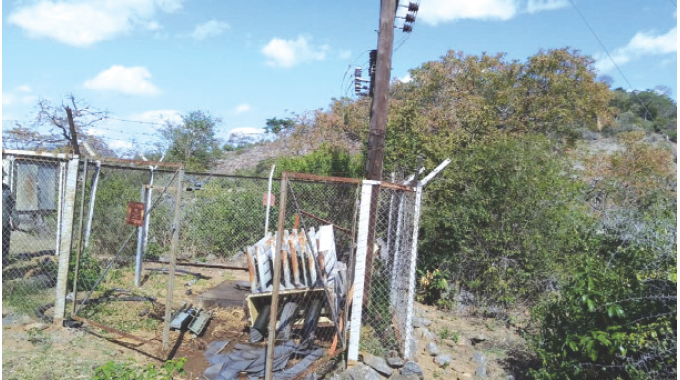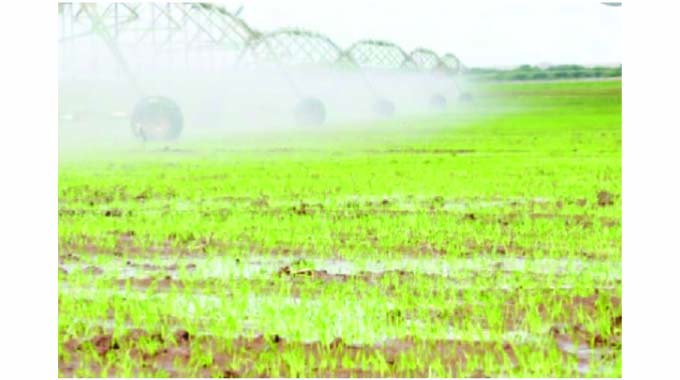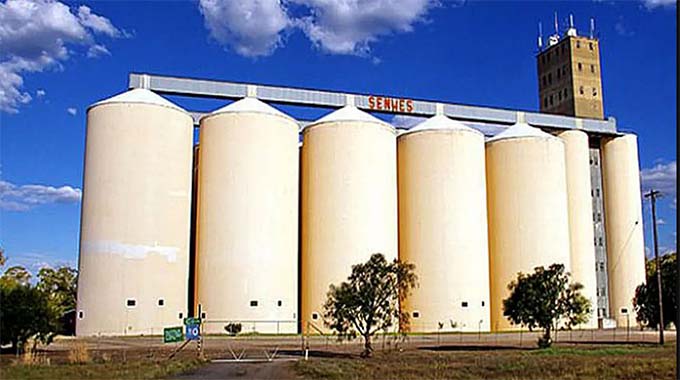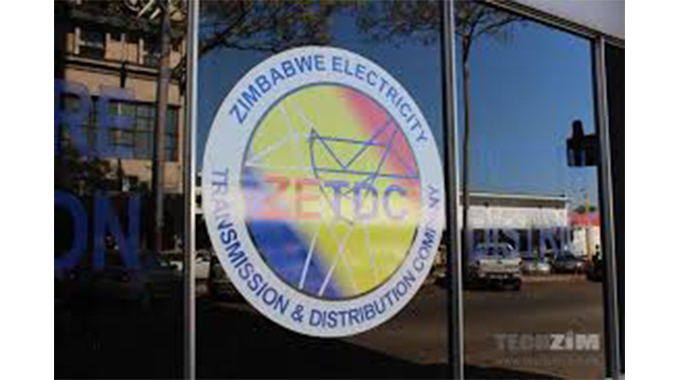500 farmers face bleak future as thieves steal, vandalise transformers

Patrick Chitumba, Midlands Bureau Chief
OVER 500 farmers at four irrigation schemes in Zvishavane and Mberengwa face a bleak future following the theft and vandalism of transformers, leading to a fall in production.
Transformer theft and vandalism have become rampant in the Midlands province rendering farmers jobless.
The dry season needs massive irrigation, using power-run pumps but criminals continue stealing and vandalising transformers, much to the detriment of farmers in the province.
Transformers have been stolen, some vandalised at Bannockburn, Neta and Chaora irrigation schemes in Mberengwa and Mupani Irrigation Scheme in Zvishavane this year.
The estimated cost to replace the four transformers is US$30 000.

Money – Image taken from Pixabay
Bannockburn has 53 hectares and benefits 120 farmers while Neta has 20 ha manned by 25 farmers. Chaora Irrigation Scheme has 180 ha with 360 farmers and Mupani has six ha with 20 farmers benefitting.
At Bannockburn Irrigation Scheme, the transformer stolen was 200 kVA in size while the one at Mupani was 50 kVA, Chaora 315 kVA and Neta 50 kVA.
Due to this, irrigation of 259 ha faces uncertainty as farmers no longer have water to irrigate their crops.
Smallholder farmers across the country have been facing food insecurity due to climate-induced droughts.

Irrigation
Rainfall patterns in the country have become more unpredictable and inconsistent with each traditional farming season.
Faced by such challenges, the Government is on a drive to start or rehabilitate irrigation schemes as the panacea to eradicate poverty and improve food security in the country.
This thrust by the Government greatly impacts on the livelihoods of rural communities where agriculture is the bedrock of their lives.
In an interview, the chairman of Neta Progressive Irrigation Scheme Major (Rtd) Robert Masabeya said the theft of the transformer has been a serious setback.
He said members used to raise school fees, money for food and their upkeep and general development from sales from the irrigation scheme but that has not been the case in the past four months.
“Our transformer was stolen and the livelihoods of all our farmers have been affected because without irrigation, nothing can be produced from our scheme. We have nothing in the fields and that means no income. This is a serious setback for us,” he said.
Major Masabeya said they are however, doing land preparation in anticipation of replacement of the transformer by the Government.
“This theft is an act of saboteurs who are solidly undermining Government programmes on farming. They know we survive on this and they steal our source of living. There is no other source of income for the farmers because they depend on farming,” he said.
The chairman said they normally buy inputs to cover 18 ha and the rest comes from the Government.
“Last year, we received fertiliser, maize and wheat inputs from the Presidential input programme, which benefitted farmers and the nation because we managed to deliver maize and wheat. This year, we were given wheat and fertiliser for 5 ha, but due to theft of our transformer, the consignment is still in our stores. The delivery to GMB was done last year after having shared among our members 1 x 50kg wheat and 4x 50kg maize. The money received after sales was used to buy inputs for the scheme and the balance was shared. We deposited it to each member’s bank account,” he said.
Midlands Provincial Irrigation Engineer Shingirai Zano said although transformer theft and vandalism are common across the province, the cases in Zvishavane and Mberengwa were worrisome.

Grain Marketing Board
“A total of four transformers have been stolen or vandalised at Bannockburn, Neta, Chaora and Mupani irrigation schemes this year. Estimated cost to replace the four transformers is US$30 000. Bannockburn 53 ha, Neta 20 ha, and Chaora 180 ha irrigation schemes are in Mberengwa while Mupani 6 ha is in Zvishavane,” said Eng Zano.
“In most cases, ZETDC is failing to replace the transformers citing cash flow challenges and this affects farmers’ production. This forces the department to solicit for funding to replace the transformers to bring back the schemes to production. These schemes have 525 farmers who have families or dependents meaning this sad development is affecting over 1 100 people.”
He said continued idleness of other irrigation infrastructure results in neglect by farmers and further damage adding that huge costs will be incurred in trying to resuscitate the schemes once the transformers are replaced.
“In some cases, periods range from six months to two years before a transformer is replaced and that negatively affects irrigation schemes. We urge farmers and all stakeholders to consult ZETDC on security measures to protect their transformers from theft and vandalism, which might include fencing and provision of a full time trained guard to at least alert other members in case of potential theft,” said Eng Zano.

Zimbabwe Electricity Transmission and Distribution Company (ZETDC)
He said the irrigation schemes are not operating at the moment as they cannot power their systems due to the absence of electricity.
Eng Zano said Bannockburn and Neta farmers are mobilising funds to purchase a new transformer adding that it’s difficult for the affected farmers since they are not operating as they rely on irrigation production for their livelihoods.
“Chaora is under construction and their transformer was actually transferred to Biri Extension block, which is 117 ha and is close by. It had its transformer vandalised in May as they were preparing to plant around 50 ha of wheat and they failed. They had 41 ha of maize which they could not irrigate in winter and only got water in August when the Chaora transformer was transferred to them but they had to fork out US$3 700 to buy electrical cables which had been stolen also,” he said.
Mrs Medlinah Magwenzi, director, Agricultural and Rural Development Services (AARDS) Midlands Province, said irrigation schemes when fully functional, facilitate economic transactions and improve livelihoods, wealth and infrastructure for communities.
She said the Government embarked on the rehabilitation of irrigation schemes to promote food security and improve the standard of living of the rural people.
“In the province and the country at large, irrigation systems are critical common property resources that are needed to increase crop water supply in the fields to sustain livelihoods, particularly in semi-arid regions. With vandalism taking place, all the gains are thrown outside the window. It’s so sad that we have criminal elements targeting transformers and other equipment in irrigation schemes. They should be stopped,” said Mrs Magwenzi.












Comments